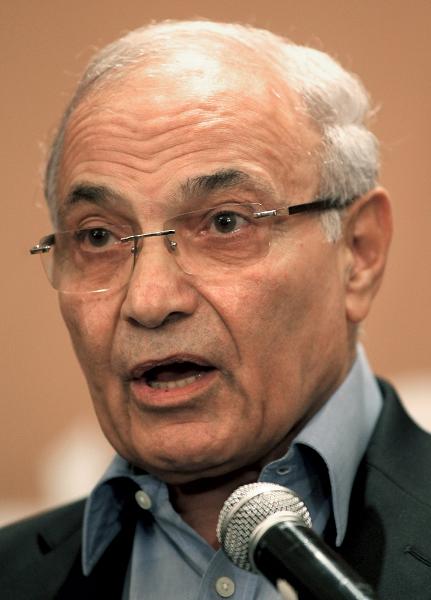RAFAH: Even before Israeli ground forces swept into northern Gaza, a tense calm prevailed over Egypt’s half of the town of Rafah.
While at the Rafah gate, mere kilometers away, the atmosphere was upbeat as an international coalition worked to get aid into the strip, the town’s main thoroughfares were clogged with hundreds of Egyptian soldiers, trucks, and barricades.
But even as the ranks of soldiers threaten to change the face of this small town in the short-term, a more fundamental shift promises to leave a lasting impact.
Late in the night last week, perhaps taking advantage of the anonymity provided by the low cloud cover and heavy rain, or maybe motivated by a closing window of opportunity, smugglers loaded up a truck with goods in the tiny town of Sheikh Zowayed.
The truck was bound for the Rafah tunnels.
When Israel began its air offensive in Gaza last Saturday, the tunnels used for smuggling essential goods between Rafah’s split halves became a primary focus of its military might.
With estimates that there may have been anywhere from 200 to 400 tunnels prior to the attacks, all accounts indicate that Israel’s aggressive actions have dealt a major blow to the tunnel system and, at the same time, promised to reshape Rafah’s economy which has been heavily impacted by the tunnels.
“Rafah has always depended on trade with Gaza more than Cairo, said Khalil Jaber Jawarky, a former civil employee who now works with journalists in the area. “So when the tunnels are closed, it has a serious affect on the area.
In fact, there are already signs that Israel’s bombing campaign has started to have an effect. Jawarky, who knows the area well, said that when the air raids first started, he saw many trucks still filled with goods, returning from Rafah, where they had found their smuggling tunnels inaccessible.
While Gaza clearly stands to lose as a result of the tunnel closings – these smugglers’ routes have been among Gazans only lifelines – the impact on the Egyptian side will be more complex.
To some, like Jawarky, the decline of smuggling will be welcome.
“There’s only a certain select crust that benefits from the smuggling, said Jawarky. “It’s illegal trade and illegal trade doesn’t benefit the community.
There is no doubt that the smuggling cabal will lose considerable, if not all, revenue. The decline in the spending power of those in the small town who were involved with the smuggling ring is sure to be felt acutely.
“It’s just food and clothes going through the tunnels, said Amal Hosni, a mother from Rafah. “It’s going to impact the vendors.
But while the merchants involved in the illegal trade are likely to suffer, the average consumer, say most in the town, is likely to benefit.
Journalist and North Sinai Tagammu party member Mustapha Singer is a resident of North Sinai and knows the area well.
He discussed how consumers are likely to reap the benefits of the closed tunnel system.
With solaar gas prices set at LE 1.10 per liter in Egypt, Singer explained, vendors in Rafah sold the gas to smugglers for LE 1.70 per liter. After being transported across the border, the gas was sold in Gaza for 3.5 shekels, or about LE 5.5.
Because of the serious opportunity to increase profit margins, gas stations, as with many stores, held supply back from the general population in order to funnel it to Gaza.
The average consumer has cause to welcome the collapse of the smuggling ring. Prices across the board are expected to fall in the small town.
But like so much in the region, the emotions are more complex.
While the residents of Rafah stand to gain, many lament that their increased purchasing power will come with the heightened suffering of the Palestinian people.
“The Palestinians can’t eat or drink, said Hosni. “If you’re going to blow up the tunnels, you need to feed the people.



